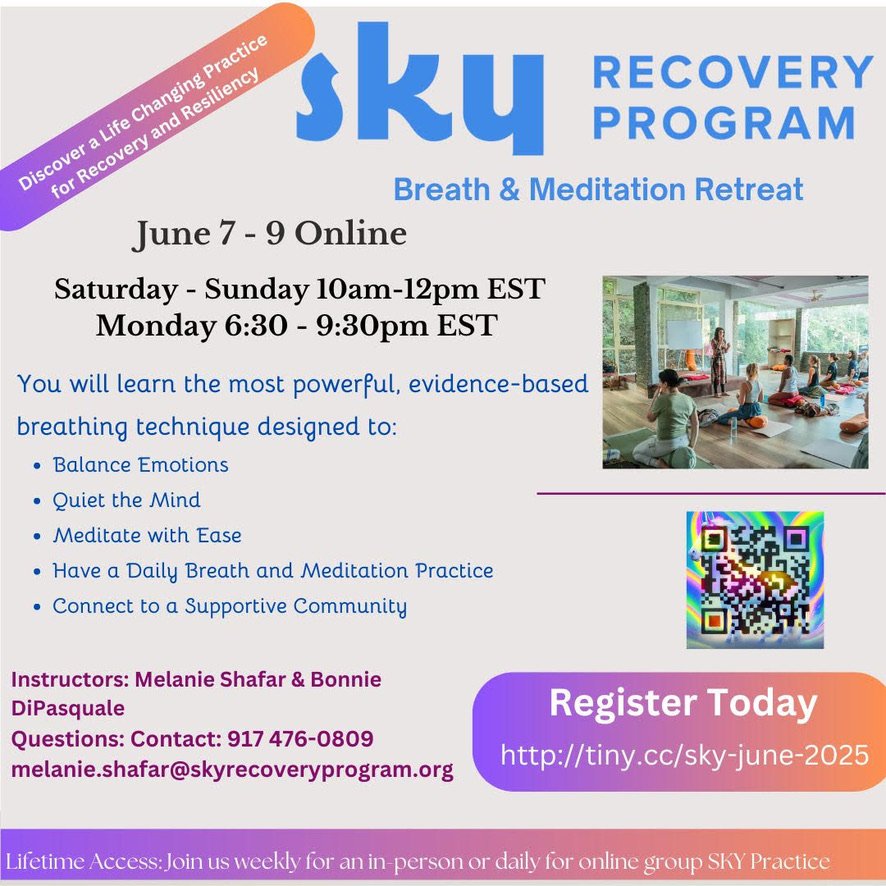Reading Time: 2 min 6 sec
I hope the next 25’ish breaths are the most nourishing of your day.
4 THOUGHTS
1. Breathing 201: The Nose-Brain Link
Nasal airflow stimulates the olfactory bulb, which is not only associated with smell but also regulates brain rhythms.
The olfactory bulb can directly communicate with the amygdala, hippocampus, and other brain regions involved in emotion, memory, and cognitive function.
Thus, nasal breathing—especially if it’s slow and rhythmic—can help to synchronize brainwaves across these regions, which can aid in emotional and cognitive functioning.
P.S. Note that this is simplified and there are several other pathways working simultaneously: cerebrospinal fluid flow and brain blood flow are being impacted, heart-brain connections may be amplified, among others. But this a good general idea of the nose-brain connection.
2. Which Descends Deep into Our Lungs
“We are all sitting here, breathing in and breathing out the same air. I cannot say, “Excuse me, I don’t want you breathing my air!” Even if we were the bitterest enemies, fighting and shouting at each other, we are actually intimately connected because we are breathing in and breathing out the same air, which descends deep into our lungs.”
– Jetsunma Tenzin Palmo, The Heroic Heart
Just our periodic reminder that breathing not only gives us direct access to our nervous system, brain waves, and emotional state—it also connects us (literally and figuratively) to every living thing on this planet 👏
3. A Better form of Meditation than Sitting
“Joshu Sasaki, a Zen master from Los Angeles, tells his students to stand up and laugh for five minutes every morning because that’s a better form of meditation than sitting for a long time getting sore legs.”
– Alan Watts, Still The Mind
Ha! While I enjoy sitting and getting sore legs, this is a perfect reminder that finding time to laugh (even if only at ourselves) should be considered a critical part of any contemplative practice 🙏
4. What’s the Life Task Here?
“The question can be a startlingly powerful one, particularly when you find yourself torn between options, or between external pressures and your own ambitions, or unable, for any other reason, to figure out what to do next: What’s the life task here? Never mind what you want. What does life want?”
- Oliver Burkeman, Meditations for Mortals
That sounds like the perfect practice in awareness (or “mindful living”). When we face a decision and don’t what what to do next, we can ask: What is the life task here? What does life want? It’s surprising how obvious the answer can be sometimes…
1 Quote
“Wisdom is making room for the unknown. The mystical. The creative. As you do that, your mind enters a state of wonder and contemplation. Instead of being weighed down by small petty concerns, it opens up and gains perspective.””
1 GOOD BOOK
Do Walk by Libby DeLana
This one instantly became my favorite book on walking. It’s short, easy to read, and overflowing with wisdom on the power of walking. I can’t recommend it enough, and I hope it inspires you to walk more like it did me.
In good breath,
Nick Heath, T1D, PhD
“Breathing is the compound interest of health & wellness.”
Enjoy these posts? Donate to say thanks!
P.S. a total go with the flow person
SKY Recovery Program
My dear friend Colleen Loehr, MD, is co-teaching an online course for the SKY Recovery Program from June 7th to 9th. The course is open to anyone—people in recovery and people who have a friend or loved one with an addiction problem. The fee is only $95, so it’s an inexpensive way to learn the SKY technique for recovery and addiction. Click here to learn more about it. 🙏
The Breathing App for Diabetes
This is the first program specifically made for people with diabetes to help manage their stress through breathing and mindfulness practices. In addition to the amazing program inside the app, we have some really neat things coming up, so sign up now!
Amazon Associate Disclosure
I’ve been recommending books for almost 6 years. Yet somehow, I just discovered that I could be an Amazon affiliate [face-palm]. In any case better late than never. Now, any Amazon link you click is an affiliate link. As an Amazon Associate, I earn from qualifying purchases. So, if you’d like to support my work, buying books through these links is helpful : )
* An asterisk by a quote indicates that I listened to this book on Audible. Therefore, the quotation might not be correct, but is my best attempt at reproducing the punctuation based on the narrator’s pace, tone, and pauses.





